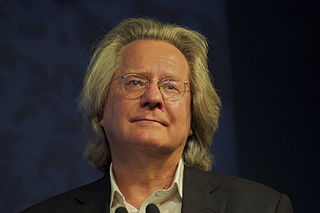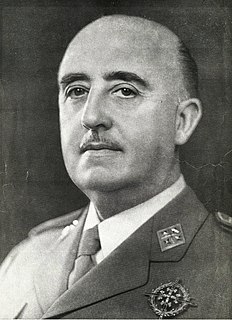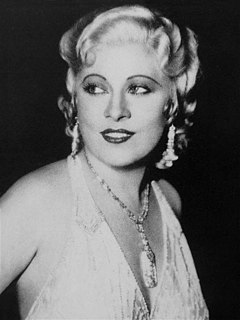A Quote by B. F. Skinner
A scientist may not be sure of the answer, but he's often sure he can find one. And that's a condition which is clearly not enjoyed by philosophy.
Related Quotes
When people ask me what philosophy is, I say philosophy is what you do when
you don't know what the right questions are yet. Once you get the questions
right, then you go answer them, and that's typically not philosophy, that's
one science or another. Anywhere in life where you find that people aren't
quite sure what the right questions to ask are, what they're doing, then,
is philosophy.
To be a scientist you have to be willing to live with uncertainty for a long time. Research scientists begin with a question and they take a decade or two to find an answer. Then the answer they get may not even answer the question they thought it would. You have to have a supple enough mind to be open to the possibility that the answer sometimes precedes the question itself.
Making sure every child can read, making sure that we encourage faith-based organizations ... when it comes to helping neighbors in need, making sure that our neighborhoods are safe, making sure that the state of Texas recognizes that people from all walks of life have got a shot at the Texas dream but, most importantly, making sure that government is not the answer to people's problems.
When a scientist doesn't know the answer to a problem, he is ignorant. When he has a hunch as to what the result is, he is uncertain. And when he is pretty darn sure of what the result is going to be, he is still in some doubt. We have found it of paramount importance that in order to progress we must recognize our ignorance and leave room for doubt. Scientific knowledge is a body of statements of varying degrees of certainty - some most unsure, some nearly sure, but none absolutely certain.
There is no satisfactory explanation of style, no infallible guide to good writing, no assurance that a person who thinks clearly will be able to write clearly, no key that unlocks the door, no inflexible rules by which the young writer may steer his course. He will often find himself steering by stars that are disturbingly in motion.





































